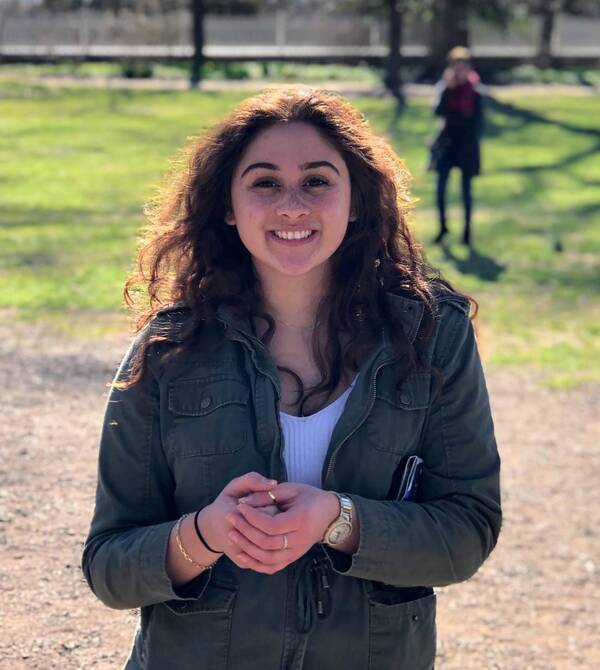
Christina Dulal '21 recently connected with our scholars about her post-grad work in Radiology and her plans for med school. We loved her update and advice to current scholars so much, we asked if we could share it in a news story. Christina, in her own words.
I work as a Research Assistant for a Radiologist within the Nuclear Medicine/Radiology Department at UPenn. My supervisor is an MD, MSTR (Master's of Clinical Research), which means he works in the clinic half the time reading patient scans and researching the other half the time. His time doing research includes meeting with me to discuss progress on our projects weekly. He always has about 6 projects he's working on simultaneously, but this amount varies from doctor to doctor. Having 6 projects means that I have to keep track of the progress of each project, while also advancing each project with his guidance.
It is important for me to mention that this job/work does require one to be independent, self-sufficient, hard-working, and have excellent problem solving skills. Mainly, because meetings with your boss will likely be infrequent and you are expected to inquire and do a lot of learning on your own (reading research papers, connecting with others in the lab etc) to learn how to execute your assignments/responsibilities yourself.
Getting more into my day at a glance, every day I start by updating my priority list of which of the 6 projects I should work on based on the nearest deadline. It seemed a little overwhelming in the beginning to stay on top of everything, but I found that organization is key. After I choose a project(s) for the day, I work through it while also attending all my scheduled meetings. Each meeting occurs weekly or monthly and usually consists of presentations from various doctors and research groups within the dept looking to share their progress and receive feedback from others.
My job itself is primarily PET/CT image analysis using MIM Software and sometimes pmod. I gained my interest in nuclear medicine and PET/CT through my undergrad research within the Physics Dept. at ND. So, going in, I had a basic interest and knowledge of how PET/CT machines work, but every day at my job, I learn more and more about the different radiotracers used to detect and treat specific illnesses, how to read PET/CT scans, and how to analyze an image to extract quantitative values used in medical research (oncology specifically). Otherwise, I create databases for sensitive patient information, collect records of tissue sampling etc. so we can access them quickly and easily when writing a new paper. Most recently, I began learning to use a new software called Stella to perform kinetic modeling on radiotracer uptake with different tissue absorption rates, cell metabolism etc.
So, I would say when looking for a summer research opportunity anywhere, including Penn, choose a department that has projects similar to your interests.
Research is one of those fields where you get exactly what you put into it. Meaning, if you have little to no interest in the project you're assigned to/working on, it will get frustrating to stew for hours brainstorming solutions for something you don't care about in the first place. So, a certain level of interest and dedication to that topic is necessary for success. That being said, research is so broad that you will undoubtedly find a doctor or professor working on a project in your area of interest. I would even go so far as to say that finding an area of research/project you're dedicated to/about is more important than the institution you work at to conduct the research. Because the goal is to understand what you're researching, to be passionate about it & to be able to talk about it. That's what I've been told medical school admissions look for at least if that is one of your concerns. A reputable institution would just be brownie points in my opinion. It's just very important to be a self-starter, a curious researcher, and to show that interest to your host institution and advisor. That will carry you very far.